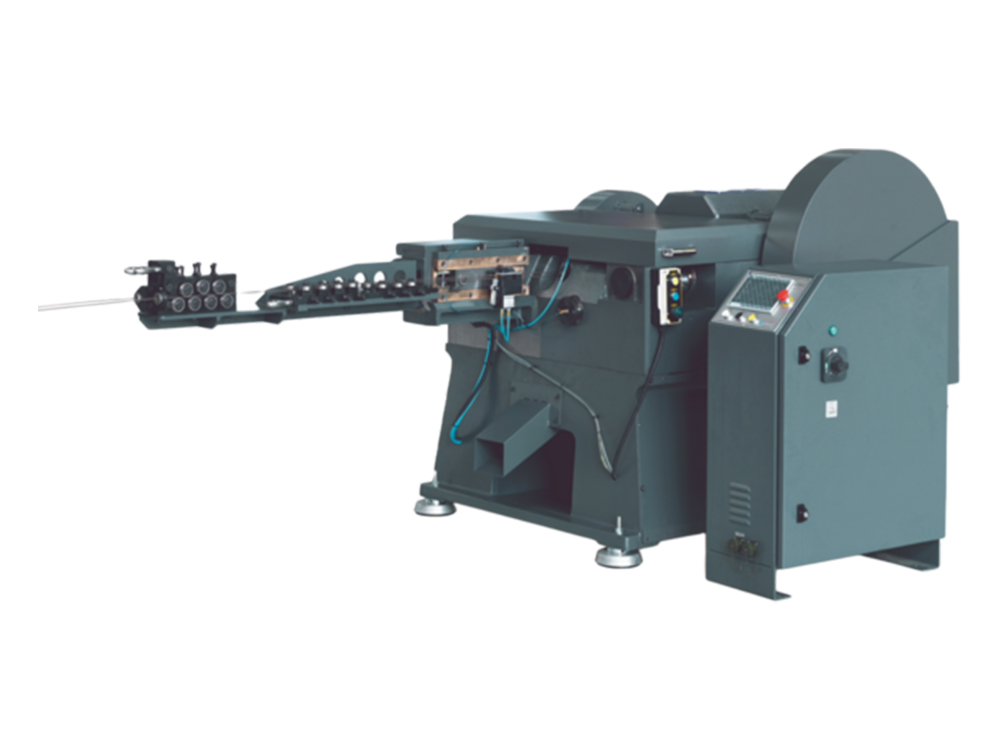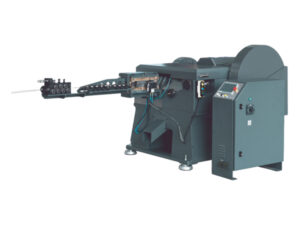Having access to precise data in real time is vital for fleet businesses. This allows them to make informed decisions and analyze costs. Some top-rated fleet management software can even alert you when your drivers engage in poor driving habits that lead to vehicle damage. This allows you to work on their bad habits before they cause costly damage.
Automated Routing
A large part of managing a fleet business includes knowing where each dollar is going. This is only possible if the information is timely and accurate. Good quality fleet management software for small business allows you to monitor fuel usage, fault code values, temperature levels, and tire pressure and identify potential problem areas in advance. This can enable you to discard a vehicle before it becomes an expensive repair issue. Automated routing can also save you money by ensuring that vehicles match the customer’s needs in the shortest time possible. This feature can be handy for local businesses with a small number of vehicles. If you are considering implementing a new fleet dispatch system, it is essential to plan for the change carefully. Ensure all employees, from drivers to dispatchers, understand the new system’s features and benefits before introducing it. This will ensure the transition succeeds and reduce disruption to your business operations. Providing training and support to help everyone adjust to the new system is also helpful.
Real-Time Tracking
For a small business with a fleet that consists of multiple vehicles, managing them manually requires a lot of effort. Fleet management software automates manual tasks such as dispatching, routing, navigation, and allotting deliveries to available vehicles. By using this technology, a business can reduce costs and improve their performance. However, choosing a system that offers an acceptable ROI and is suitable for the business size is essential. A top-performing fleet management software should also enable managers to track and analyze their vehicles. Detailed reports should be accessible online and help managers make informed decisions based on accurate and real-time data. For example, a vehicle’s fuel consumption should be monitored to minimize fuel costs.
Moreover, the software should be able to record each vehicle’s POIs (Points of Interest) and alert managers when a particular location has been reached. This helps the team identify and solve issues quickly, such as tire punctures. This can also eliminate the need for managers to call drivers for ETA updates, which is time-consuming and can distract them from their driving tasks.
Alerts
A significant advantage of fleet management software is that it detects and alerts the managers when something goes wrong. This allows them to take corrective measures before a problem causes costly repairs or downtime. For example, a top piece of software can send an alert when a vehicle’s temperature reaches a dangerous level. Moreover, it can notify the fleet manager when a work-alone timer is overrun, or the driver is not wearing their seatbelt. It can also detect major rule violations such as signal jamming or theft of commercial vehicles. The software can also record each vehicle’s fuel consumption and provide accurate readings of distance covered and kilometers driven. This can be very useful for a company that needs to monitor its fuel costs and can save time and money by eliminating manual calculations. Most importantly, fleet management software is constantly being enhanced and improved by its developers. This ensures that the software is at par with the ever-changing business requirements and legislation.
Reporting
The best fleet management software can collect, analyze, and handle data for your business. It can even alert you if the vehicle is driven outside specified hours, exceeds the speed limit, or goes disconnected from the network for too long. This is useful in identifying fuel threats, helping you control costs, and protecting against false claims. It also enables you to run reports on alerts, fuel, driver speed, and engine run time, among other things. This helps you improve efficiency, cut costs, and boost revenue. However, choosing the right system for your business needs is essential. A good choice should also have a clear ROI or return on investment, which you can quickly determine by checking the seller’s customer support charges, add-ons, and other factors. To maximize the benefits of fleet management software, you should be clear about your specific issues. Be wary of choosing a complex tool with many features, as it could detract from your goals rather than help you reach them. It’s better to choose a system that offers the right level of complexity for your business.
Inventory Management
Keeping up with inventory is essential for any business. It ensures that the company has the right product in quantity to meet customers’ demands. Often, fleet management software includes features that help with this aspect of the business. For example, many fleet management systems can provide data on how often each vehicle is used. This can give the owner an idea if any of their vehicles are getting little use and may need to be sold. It also helps to know when the vehicle will need a new part, allowing you to plan for these expenses. One thing to remember while shopping for fleet management software is that it should be able to integrate well with other devices and technology. It’s also essential to avoid contracts that lock you in with the software for a lengthy period. This indicates that the software needs to be more vital to stay competitive. Most quality software is updated frequently with improvements that make it better for users.

















